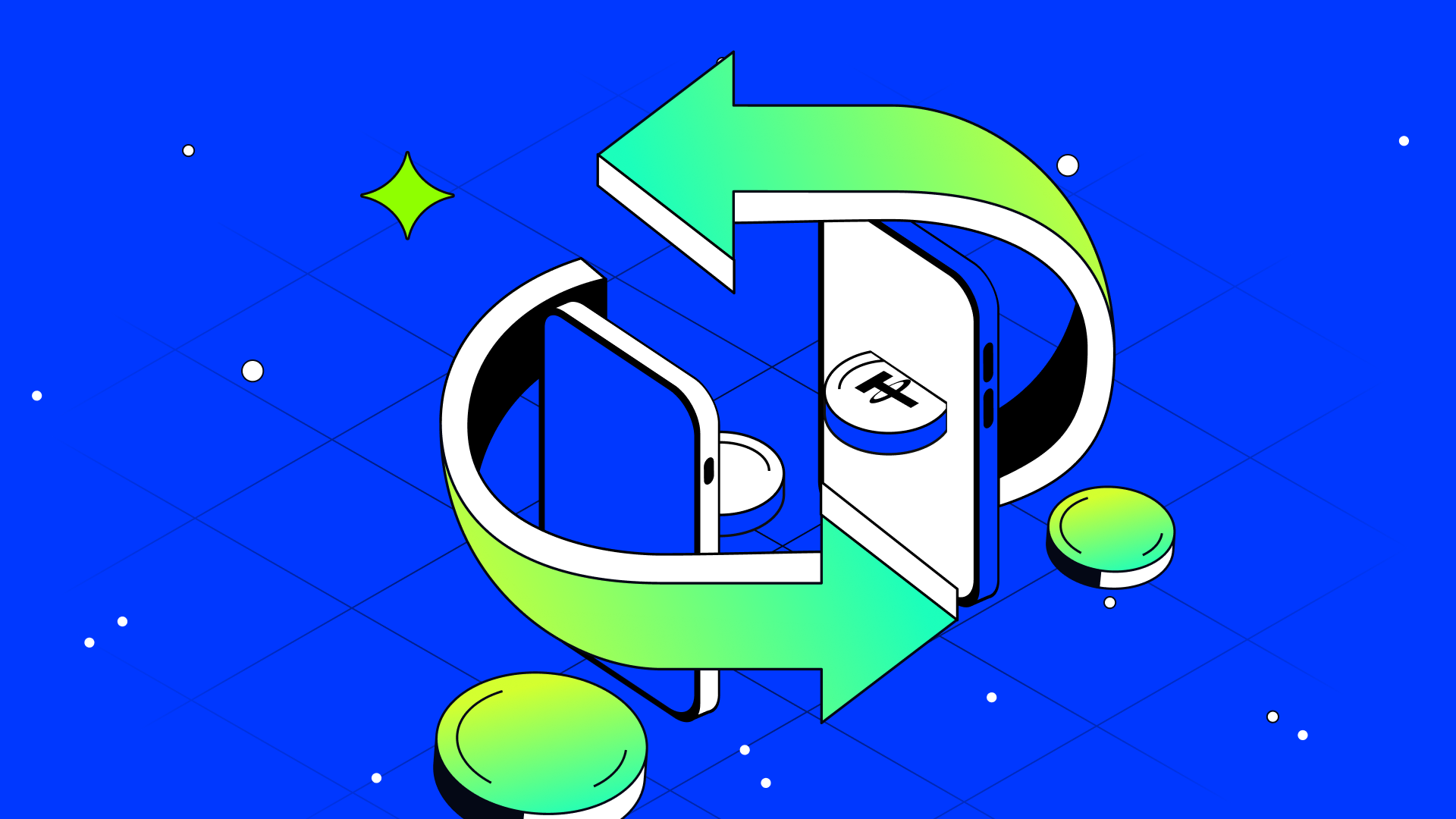- 最新价格520.52
- 交易额(24h)17.11M
- 历史最高3,785.82
- 发行总量19.99M
- 总市值10.40B
- 排名12
- 流通市值10.40B
- 历史最低76.93
- 流通总量19.99M
Learned by 4.7k usersPublished on 2024.03.29Last updated on 2025.10.24
520.52
+5.92%注意:项目简介来自于官方项目团队所发布或提供的信息资料,可能存在过时、错误或遗漏,相关内容仅供参考且不构成投资建议,HTX不会承担任何依赖这些信息而产生的直接或间接损失。
 Loading...Loading...
Loading...Loading...1. Programme Name
1. What Is BCH?
Bitcoin Cash ($BCH) is a cryptocurrency created in 2017 via a hard fork of Bitcoin (BTC), with an aim to address Bitcoin's issues with scalability and transaction fees. As Bitcoin grew in popularity, its network began to face slower transactions and higher fees due to the 1 MB block size limit. These constraints made Bitcoin less practical for small everyday transactions. Some developers and community members proposed increasing the block size to allow more transactions per block, but this proposal triggered intense debate within the Bitcoin community. Ultimately, the community failed to reach consensus, which led to the emergence of Bitcoin Cash in August 2017. At launch, Bitcoin Cash increased the block size to 8 MB, and later to 32 MB, enabling faster and cheaper transactions than Bitcoin, with the goal of preserving Bitcoin’s original vision as a “peer-to-peer electronic cash system". On November 16, 2018, Bitcoin Cash formally hard-forked into BCHABC (BCH) and BCHSV (BSV). In 2020 the main development team of BCH—BCH ABC—insisted on introducing the “Infrastructure Funding Plan (IFP)” in the November upgrade, allocating 8 % of block rewards to the Bitcoin ABC technical team, which resulted in community splits. Early BCH-developer Freetrader led the creation of a full-node project named BCH Node (BCHN), which removed the donation scheme in its version. On November 15, 2020, the BCH network hard-forked into Bitcoin Cash ABC (BCHA) and Bitcoin Cash Node (BCHN). Eventually BCHN retained the “BCH” name, while BCHA announced a re-branding to eCash (XEC) in August 2021.
2. How Does BCH Work?
Key technical features of Bitcoin Cash include:
1) Larger block size to achieve higher transaction throughput.
2) Low transaction fees — typically only a few tenths or hundredths of a cent — making it suitable for small-value payments.
3) Replay and wipe-out protection to ensure safety in fork situations.
4) Decentralized development: Multiple teams maintain the code base.
3. Who Founded BCH?
Because of the “Infrastructure Funding Plan” (IFP) controversy, a new team, Bitcoin Cash Node (BCHN), was formed around February 2020, largely composed of members from Bitcoin Unlimited and Electron Cash. The initiator was Bitcoin Cash early developer Freetrader, who had been a member of ABC at the time of the 2017 fork.
4. BCH Tokenomics
Bitcoin Cash uses the same proof-of-work (PoW) consensus mechanism based on SHA-256 as BTC. The target block time is also around 10 minutes (same as BTC) and the maximum total supply is capped at 21 million tokens, with a halving roughly every 210,000 blocks or about every 4 years.
5. Token Utility
1) Payments & peer-to-peer transactions: BCH’s primary use is enabling fast and low-cost payments. Merchants across industries — from e-commerce platforms to physical retail — accept BCH as a payment option.
2) Remittances and cross-border transfers: Owing to its fast transactions and low fees, BCH finds its relevance in the remittance market. In countries with limited traditional banking services or high remittance costs, users may turn to BCH for international transfers.
3) Participation in the digital economy: BCH is increasingly used in broader digital economy contexts — from online tipping and micro-transactions to decentralized applications with simpler payment integration.
4) Store of value: Some investors treat BCH as a potential store of value.
2. Project Introduction
Bitcoin Cash (BCH) is a cryptocurrency payment network designed to facilitate peer-to-peer payments for everyday transactions. It was created to address the scalability challenge faced by Bitcoin due to its limited 1 MB block size. A section of the Bitcoin community members had been pushing for larger blocks as early as 2010. However, seeing no result from their efforts, this group hard-forked Bitcoin Cash from the Bitcoin blockchain on August 1, 2017.
Bitcoin Cash operates as a decentralized network for BCH transactions. In July 2021, Bitcoin Cash introduced Smart Bitcoin Cash (SmartBCH), which is a side chain compatible with Web3 API and the Ethereum Virtual Machine (EVM).
The maximum total supply of Bitcoin Cash is 21 million, just like Bitcoin.
Note: The project introduction comes from the materials published or provided by the official project team, which is for reference only and does not constitute investment advice. Some of the content may be out of date, error, or omission. HTX does not take responsibility for any resulting direct or indirect losses.
 Loading...Loading...
Loading...Loading...Welcome to HTX.com! We've made purchasing Bitcoin Cash (BCH) simple and convenient. Follow our step-by-step guide to embark on your crypto journey.Step 1: Create Your HTX AccountUse your email or phone number to sign up for a free account on HTX. Experience a hassle-free registration journey and unlock all features.Get My AccountStep 2: Go to Buy Crypto and Choose Your Payment MethodCredit/Debit Card: Use your Visa or Mastercard to buy Bitcoin Cash (BCH) instantly.Balance: Use funds from your HTX account balance to trade seamlessly.Third Parties: We've added popular payment methods such as Google Pay and Apple Pay to enhance convenience.P2P: Trade directly with other users on HTX.Over-the-Counter (OTC): We offer tailor-made services and competitive exchange rates for traders.Step 3: Store Your Bitcoin Cash (BCH)After purchasing your Bitcoin Cash (BCH), store it in your HTX account. Alternatively, you can send it elsewhere via blockchain transfer or use it to trade other cryptocurrencies.Step 4: Trade Bitcoin Cash (BCH)Easily trade Bitcoin Cash (BCH) on HTX's spot market. Simply access your account, select your trading pair, execute your trades, and monitor in real-time. We offer a user-friendly experience for both beginners and seasoned traders.
3.7k Total ViewsPublished 2024.03.29Updated 2025.10.24


Discussions
Welcome to the HTX Community. Here, you can stay informed about the latest platform developments and gain access to professional market insights. Users' opinions on the price of BCH (BCH) are presented below.